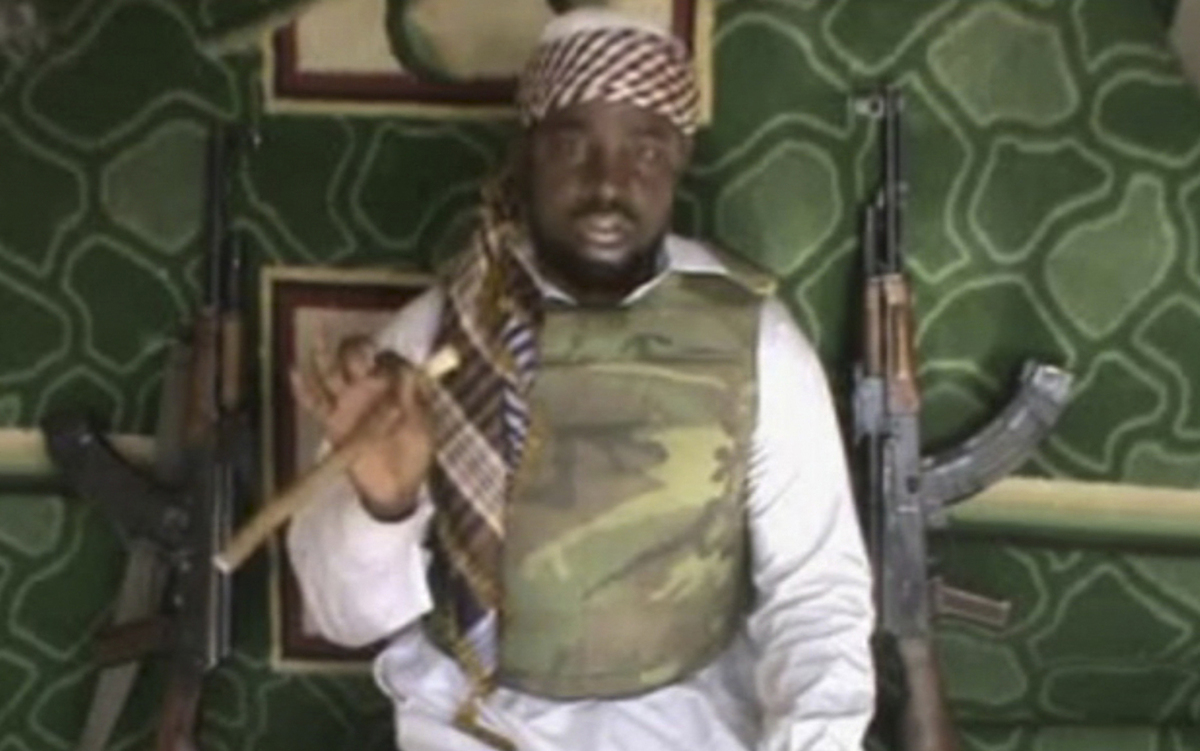Abubakar Shekau, who was replaced by Islamic State as Boko Haram’s leader, has spoken out about the news, claiming that he was betrayed and denouncing his purported new leader as an infidel.
He said this in an audio message, his first in over one year, after IS on Tuesday, August 2, 2016, published an interview with Sheikh Abu Musab al-Barnawi in its Al-Naba online weekly magazine in which he was introduced as Boko Haram’s new leader.
In the interview, Barnawi talks about the history of Jihad in this region but makes no clear reference to Shekau.
Since March 2015, Barnawi has appeared in several videos distributed by Boko Haram, claiming responsibility for successive attacks, earning him the reputation of group spokesman, experts say.
But in his message, Shekau takes aim at Barnawi, dismissing him as an infidel who condones living in an un-Islamic society without waging Jihad.
And in a tacit acknowledgement that his own position as leader may have been usurped, he speaks of being tricked by some of his followers.
“They deceived me,” he said.
“And now I find myself being forced to follow another character who practices disbelief,” he says, in a message which becomes increasingly more animated as he speaks.
Berlin-based jihadist expert Yan St-Pierre of the Modern Security Consulting Group, who confirmed the voice in the audio recording as Shekau’s voice, said his message had laid bare divisions within the group.
St-Pierre said the message suggested Shekau was trying to retain his base of support within Boko Haram without compromising the commitment to IS.
“In the message, Shekau refers to Boko Haram under its previous name, but with some ISIS propaganda elements, as if he wanted to reassure its old combattants and base, without denying his commitment to (its leader Abu Bakr) al-Bagdadi,” he said.
Speculation over the fate — and alleged disappearance — of Shekau has been rife in recent months: he was last seen in a YouTube video in March, looking weak, and saying: “For me, the end has come.”
He became Boko Haram leader after Nigerian security forces killed the group’s founding chief, Mohammed Yusuf, in 2009 sparking an insurgency that has left 20,000 people dead and forced 2.6 million people to flee their homes.
But the group has become fractured under his leadership, experts told AFP after the Barnawi interview was released.
“Boko Haram has lost its prestige and become difficult to control (under Shekau). Today, Boko Haram is divided into several little groups,” St-Pierre said.
And a Nigerian security analyst said he believed Shekau was still alive, but that IS may be seeking to clean up Boko Haram’s reputation among jihadists, by ousting a leader seen as disorganised and unreliable.
Boko Haram has been pegged back by an aggressive fight back from the Nigerian military since January 2014, losing territory and its capacity to mount conventional attacks.







